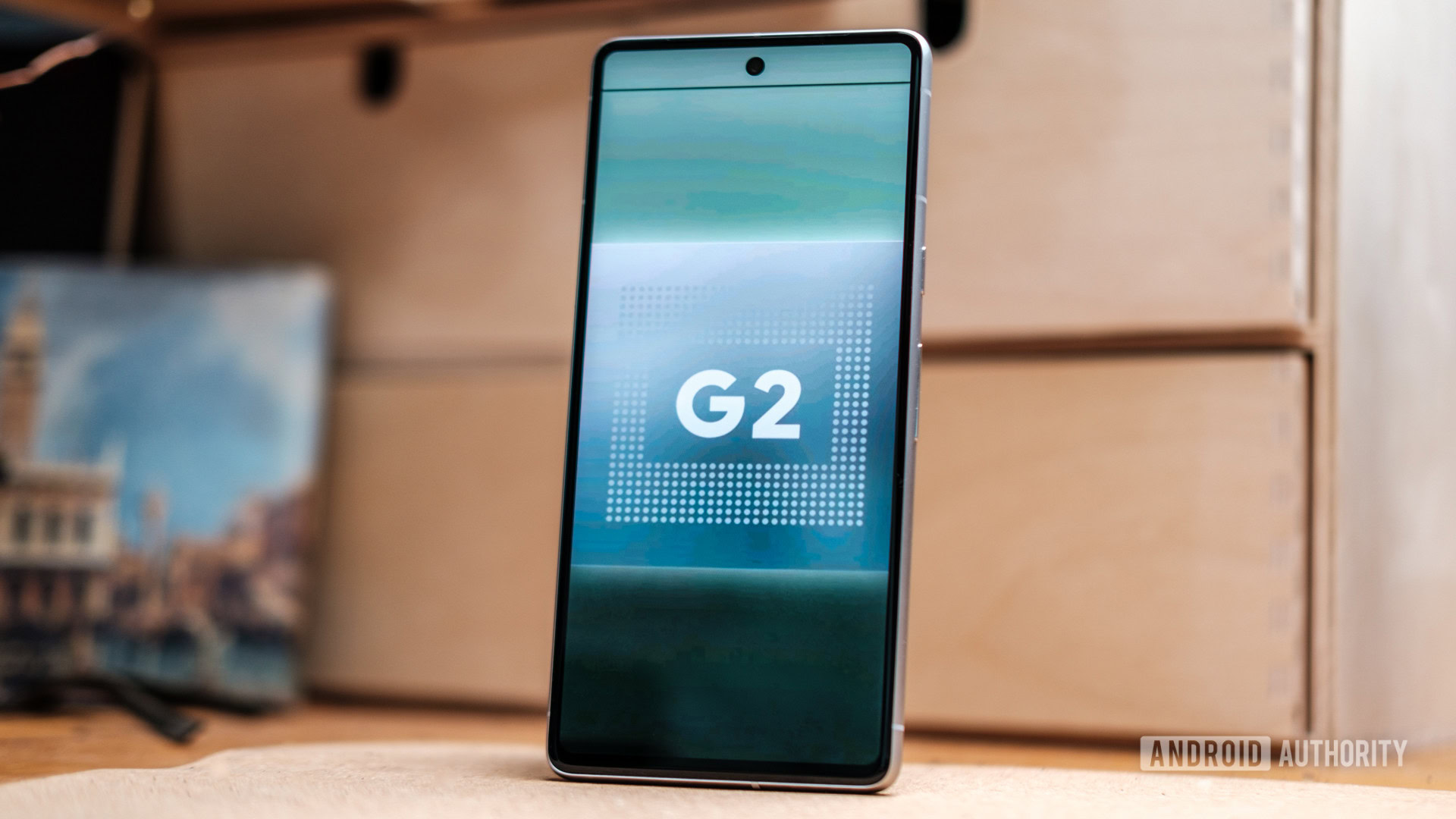Affiliate links on Android Authority may earn us a commission. Learn more.
The Pixel 8 deserves a more powerful processor, and it might be coming

Google has been charting its own course with its Pixel smartphone processors in the last couple of years. The Pixel maker ditched Qualcomm Snapdragon chips in favor of semi-custom Tensor SoCs in partnership with Samsung.
We’re expecting the Pixel 8 series to launch in the second half of the year, and it will almost undoubtedly be powered by a Tensor G3 processor. And one early rumor suggests that we could see a significant performance boost over the Tensor G2 inside the Pixel 7 series.
Twitter tipster Revegnus claimed that the Tensor G3 will pack some significantly updated components. The chipset is said to arrive with a nine-core CPU, consisting of one Arm Cortex-X3 core, four Cortex-A715 cores, and four Cortex-A510 cores. The chipset is said to be built on a Samsung 4nm process, while the leaker also asserted that we could see a Mali-G715 MC8 GPU.
Why the Pixel 8 chipset needs a big upgrade
We’re taking this latest leak with a handful of salt, but there are several reasons to welcome a major processor upgrade with the Pixel 8. Google’s Tensor chipsets have so far used old components, including the Tensor G2 inside the Pixel 7 series.
The Tensor G2’s Cortex-X1 CPU and other cores are several generations older than rival smartphone processors. In fact, the Tensor G2 still has a few key parts in common with the original Tensor chip, such as the little and heavy CPU cores.
This use of older tech is reflected in classic benchmark scores, as our Tensor G2 testing shows that the chipset lags behind last year’s flagship silicon. Of course, the chipset falls even further behind current high-end processors such as the Snapdragon 8 Gen 2.
Switching to newer components should deliver a major horsepower boost compared to previous Tensor processors. This might not be a big deal for many people, but more power on tap could help Google implement new features. More horsepower also means the Pixel 8 is more likely to offer a smooth gaming experience and support demanding titles a few years from now. And we know that people are now holding onto their phones for a very long time.
These upgraded parts, in concert with the switch from a Samsung 5nm design to the firm’s 4nm process, should also make for a more efficient chipset. And I can certainly say that there’s room for improvement when it comes to my Pixel 7 Pro’s battery life, which delivers good but not great endurance. This is echoed in our Pixel 7 Pro long-term review.
The Tensor G3 in the Pixel 8 series could be a major upgrade over the Tensor G2 in several ways.
The switch to newer components and a smaller manufacturing process could also help with heating concerns. I’ve noticed that my Pixel heats up more often than most other phones, particularly when using the camera for extended periods. So these upgrades could yield similar or improved performance while producing less heat.
The one saving grace is that the Tensor G2 already delivers great sustained performance compared to the competition. But the Pixel 8 with a Tensor G3 could potentially still deliver stable results under load, be it via a conservative approach to base clock speeds or increased cooling measures.
What do you want from the Tensor G3 in the Pixel 8 series?
Google is clearly happy to carve its own path when it comes to smartphone chipsets, using older CPU tech and leaning on its Tensor machine learning silicon to enable new features. But between an increasing performance gap with rivals, heating issues, battery life, and other concerns, there are clear benefits to adopting more recent components. So we hope this Tensor G3 leak bears out.
